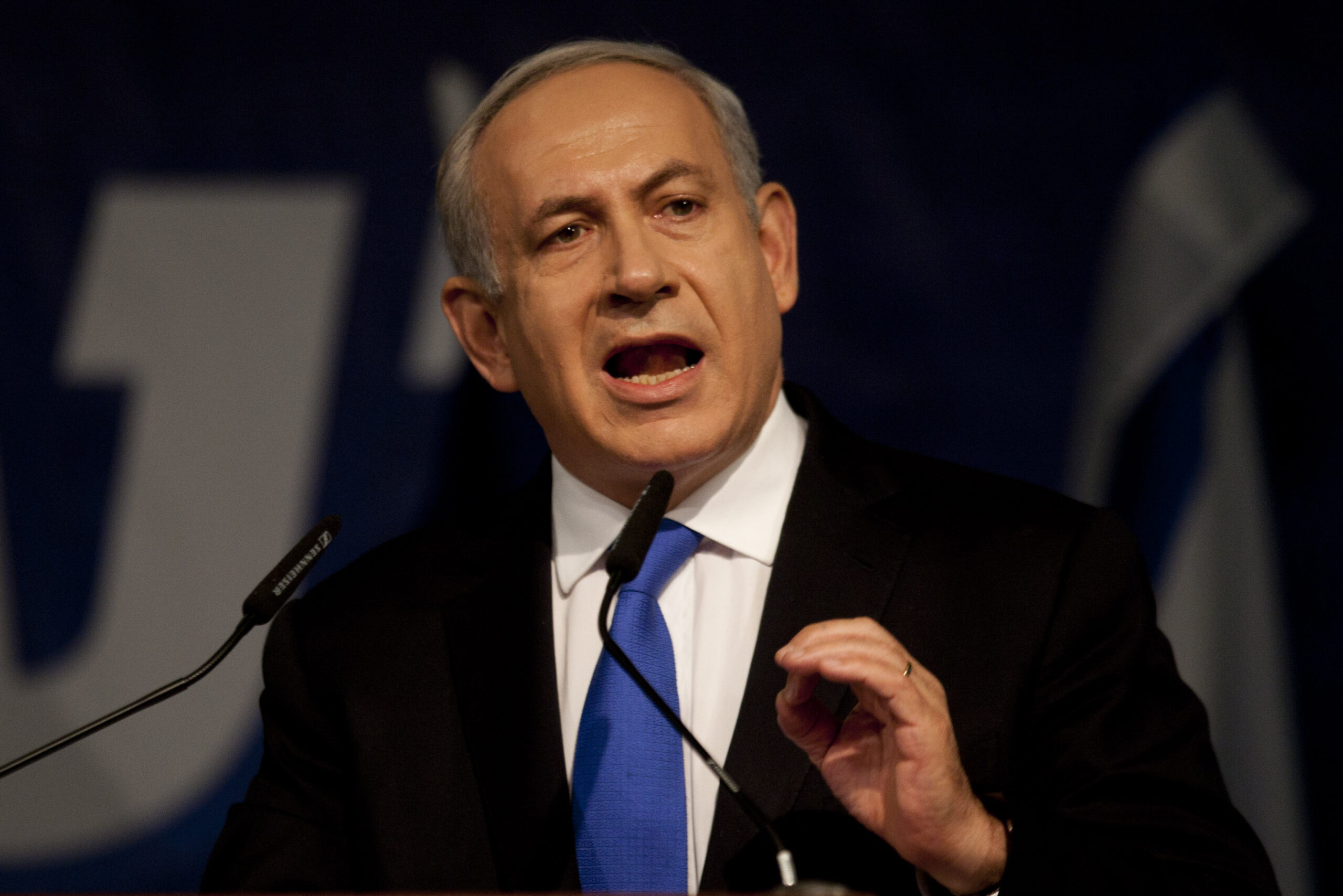JERUSALEM — Israel agreed to restore full diplomatic relations with Turkey in a surprising turnaround Friday after apologizing for a botched naval raid that resulted in the deaths of nine Turkish activists aboard an international flotilla bound for Gaza in 2010.
Prime Minister Benjamin Netanyahu announced the breakthrough after a phone conversation with his Turkish counterpart, Recep Tayyip Erdogan. The 20-minute phone call was brokered by visiting President Barack Obama shortly before he left Israel.
The announcement was an unexpected reversal by Netanyahu, who has repeatedly rejected calls to apologize. But the two countries’ joint interests, including fears that the Syrian civil war could spill over their respective borders, made the time ripe to mend relations.
“The two men agreed to restore normalization between Israel and Turkey, including the dispatch of ambassadors and the cancellation of legal steps against Israeli soldiers,” a statement from Netanyahu’s office said.
Netanyahu “expressed regret over the deterioration in bilateral relations and noted his commitment to working out the disagreements in order to advance peace and regional stability,” it said.
The statement stressed that the bloodshed was not intentional. “In light of the Israeli investigation into the incident, which pointed out several operational errors, Prime Minister Netanyahu apologized to the Turkish people for any errors that could have led to loss of life and agreed to complete the agreement on compensation,” the statement said.
Israel intercepted a ship named Mavi Marmara while stopping an international flotilla trying to breach an Israeli blockade of the Hamas-ruled Gaza Strip. Israel considers Hamas, which has killed hundreds of Israelis in suicide bombings and other attacks on buses and cafes, a terrorist group. Israel says it imposed the blockade to prevent Gaza militants from getting weapons. Gaza militants have fired thousands of rockets and mortar rounds at Israeli border communities and towns during the past decade.
Israel has previously blamed the activists on the bloodshed of the morning of May 31, 2010, saying its naval commandos were attacked when they boarded the ship. Israel released videos showing armed activists brandishing iron rods and clubs attacking the soldiers as they slowly rappelled onto the deck from a helicopter. Soldiers were overpowered as they landed. They were surrounded by men with sticks. One soldier was tossed onto a lower deck.
The military later said the soldiers were not expecting trouble and had paintball guns as their primary weapons while handguns were only for an emergency. Two activists grabbed the handguns away from soldiers and shot two of them, the military said at the time. Both activists were then shot and killed.
The fighting left nine activists dead, most of them Turks, and dozens were wounded. On the Israeli side, a total of seven soldiers were wounded.
Israel insisted that its soldiers acted in self-defense and later showcased knives, slingshots and clubs they said were found onboard the ship. Some activists had military-style gear, including bullet-proof vests and night-vision goggles. Israel said this indicated that the activists had planned for violence.
The activists also said they acted in self-defense and insist they were attacked first.
Israeli officials said Obama helped play a role in the reconciliation, but that efforts had been going on behind the scenes for some time.
Israel and Turkey were once close allies. But in recent years, ties have deteriorated with the rise of Erdogan’s Islamist party. Following the flotilla incident, Turkey withdrew its ambassador to Israel and greatly scaled back military and economic ties. But relations were never broken completely.
A statement from Erdogan’s office said Netanyahu had apologized on behalf of Israel for all kinds of mistakes that resulted in the loss of life or injuries in light of an investigation led by the Israeli side that pointed at a series of operational mistakes. “Our prime minister accepted the apology in the name of the Turkish people,” it said.
The statement from Turkey said an agreement also had been reached on the issue of compensation and that Israel had lifted restrictions on the movement of goods to Gaza as long as “calm” lasts.
During the telephone conversation, Erdogan told Netanyahu that he valued the strong ties of friendship between the Turkish and Jewish people, the statement said.
Erdogan “expressed that it was saddening that relations, which are of vital strategic importance for peace and the stability of the region, have been soured in recent years,” the statement said.
The statement said Erdogan “renewed his support for international and regional efforts to find a lasting and comprising solution to the Israeli-Palestinian conflict based on the two-state vision.”
The U.S. welcomed the development as a means to advance regional peace and security.
“I am hopeful that today’s exchange between the two leaders will enable them to engage in deeper cooperation on this and a range of other challenges and opportunities,” Obama said in a statement.

